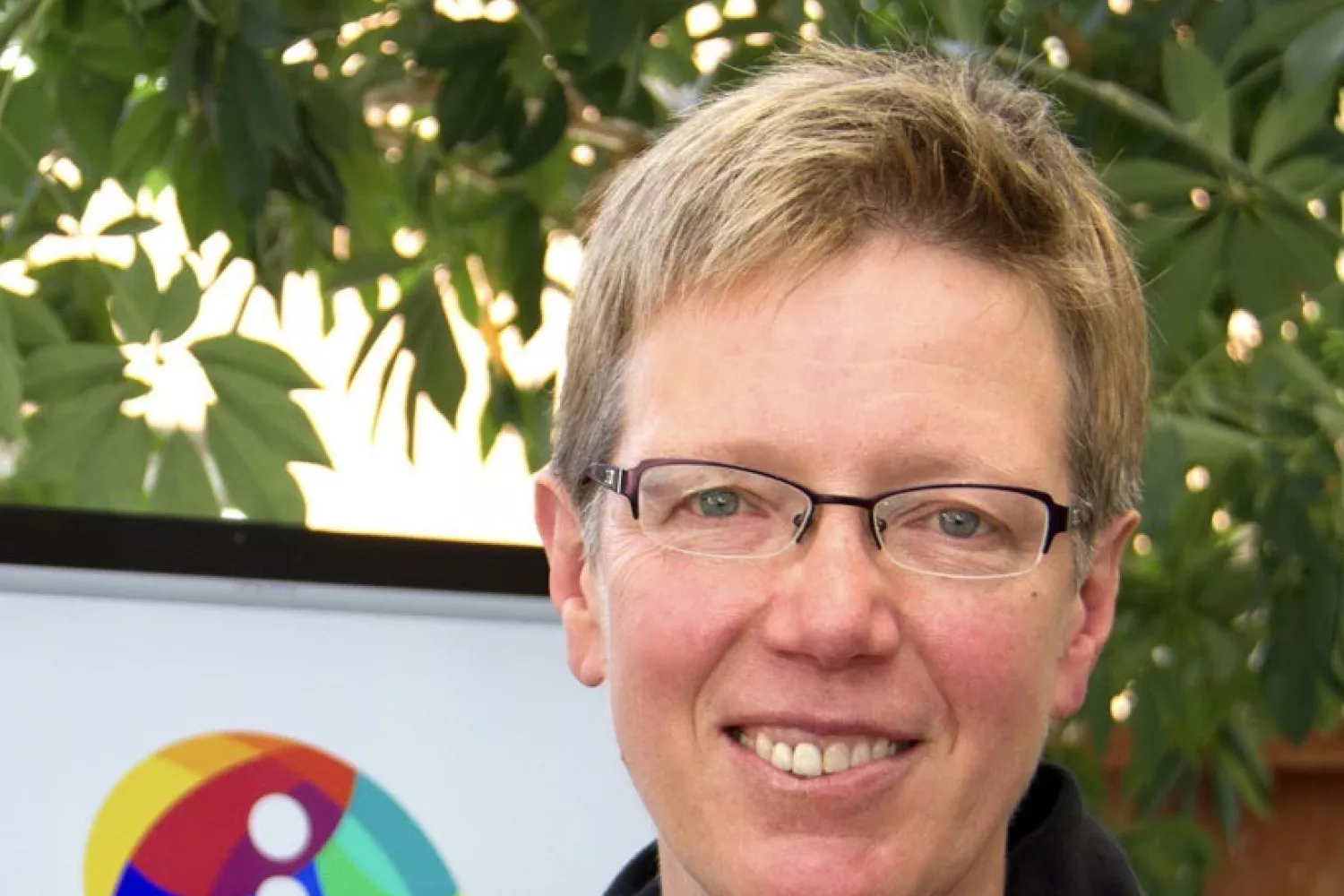OCAD University is excited to announce that Dr. Jutta Treviranus has been appointed Chair of the standards committee to develop a standard on “Accessible and Equitable Artificial Intelligence Systems” for Accessibility Standards Canada and the Accessible Canada Act.
Dr. Treviranus is the Director of OCAD U’s Inclusive Design Research Centre (IDRC) and a professor in the Faculty of Design. She received the Diversity, Equity and Inclusion (DEI) AI Leader of the Year Award at the Women in AI (WAI) Awards North America in 2022, and is renowned for her work in accessibility over the past 40 years.
“If you have a disability, artificial intelligence presents both the most extreme risks and opportunities,” says Dr. Treviranus.
“Current AI ethics standards and regulations fail to address these risks and opportunities. For example, AI uses statistical reasoning to make decisions and people with disabilities are highly diverse outliers in data distributions. The proposed standard we drafted is intended to provide guardrails that will benefit everyone.”
In her new role as Chair of the standards committee, Dr. Treviranus will coordinate the development and adoption of the first AI ethics standard specific to people with disabilities. The standards committee will include international, multi-sector members and adhere to the government of Canada commitment to people with disabilities: “nothing without us, because everything is about us.”
On October 11, Dr. Treviranus will deliver her first keynote address with her title as Chair of the Accessible and Equitable Artificial Intelligence Systems, at the M-Enabling Summit.
The M-Enabling Summit is a leading annual conference and showcase of the Global Initiative for Inclusive Information and Communication Technologies (G3ict), held in Washington, D.C., to promote accessible technologies and environments for persons with disabilities and older persons.
About Dr. Jutta Treviranus
Dr. Jutta Treviranus has worked in the disability and digital inclusion field since 1979 and has since played a pivotal role in the development of accessibility legislation globally. Her first AI research project investigated the use of voice recognition and dysarthric speech in the 1980s.
Dr. Treviranus established the Inclusive Design Research Centre in 1993, which helped to establish the practice of inclusive design that has since been adopted by large companies like Microsoft and the public sector internationally. In 2011, Dr. Treviranus led the creation of the Inclusive Design graduate program at OCAD U.
In 2013, she continued her work in AI research through a collaboration with the Government of Ontario’s Department of Transportation, evaluating automated vehicle machine learning models. She discovered that AI would amplify, accelerate, and automate discrimination against outliers and small minorities and proposed AI systems that could address these inequities.
She continued to address AI’s bias against minority groups and the implications for persons with disabilities in 2014, catalyzing a movement that has spread through talks, publications and research.

